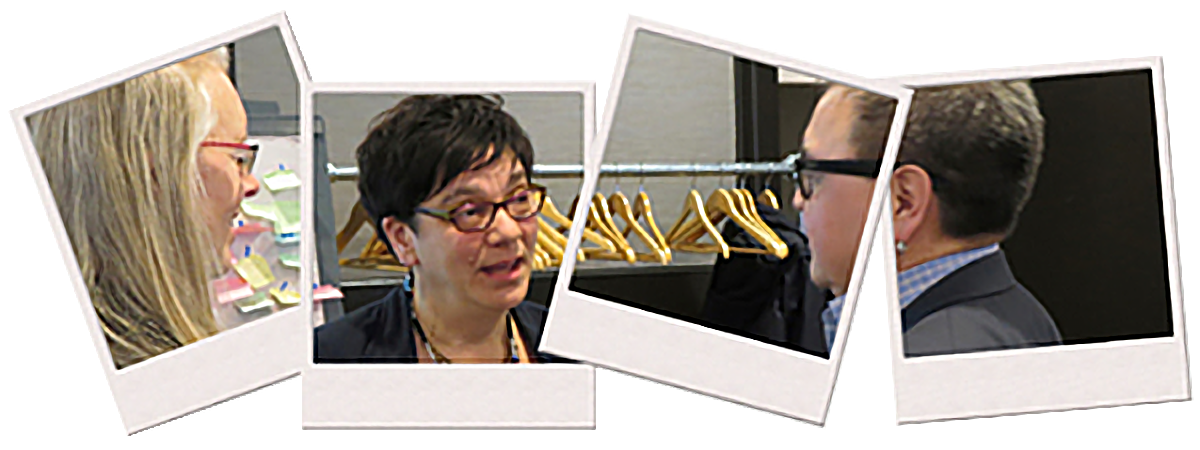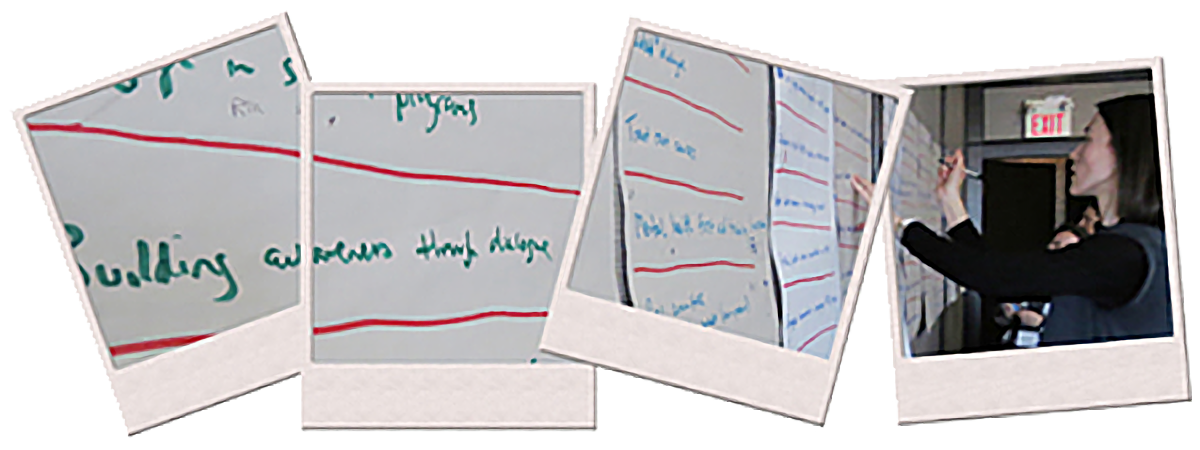
An Indigenous – Local Government Partnership Forum took place February 21-22, in Winnipeg. This was a joint initiative planned and delivered by Cando, the Centre for Indigenous Environmental Resources (CIER), the Federation of Canadian Municipalities (FCM) and Indigenous and Northern Affairs Canada (INAC).
Participants included representatives from First Nations, Métis Nations/Settlements, their neighbouring local governments, representatives from the Government of Canada and provincial governments, as well as representatives from other Indigenous and non-Indigenous organizations across Canada.
The Partnership Forum provided Indigenous and local governments the opportunity to share experiences with, and perspectives on the future direction of Indigenous-local government collaboration and programming offered in this area. Further, the Forum created a platform for communities to network and to share tools, resources and knowledge.
Participants reflected on four key objectives as they apply to Indigenous – Local Government partnerships:
- What are the key components of strong, sustainable and equitable partnerships?
- What are the barriers and gaps to these partnerships, and how do we collectively overcome them?
- What tools currently exist to support Indigenous – local government collaboration,
and are others required? - How does Indigenous – local government collaboration contribute to reconciliation,
and how can the Government of Canada and Indigenous and non-Indigenous organizations assist?
The Forum also showcased five First Nation-municipal case studies, including three CEDI
(Community Economic Development Initiative) partnerships, and two CIPP (Community Infrastructure Partnership Project) partnerships. Learn more about the Partnership Forum Case Study community partner presentations, here. Many of the participants agreed that knowledge sharing through networking and case studies were highlights of the Forum.
« Reconciliation isn’t an act of pity, it is Canada going through a process of healing itself. »
- Kevin Lamoureaux, Education Lead, National Centre for Truth and Reconciliation
Kevin Lamoureux, National Centre for Truth and Reconciliation, shared a moving keynote address which shed light on how this work of relationship building and collaboration directly addresses the Truth and Reconciliation Calls to Action.
The Forum concluded with participant reflection on areas to prioritize for ongoing work in Indigenous – local government collaboration. Top recommendations include:
- Creation of virtual regional centres of excellence for Indigenous – local government collaboration;
- Ongoing support for CEDI and CIPP;
- Education on governance and jurisdiction of Indigenous and local governments;
- Greater engagement of youth and Elders; and
- Exploring opportunities to engage the provinces and corporations in the work.
“It’s been a terrific two days of sharing and learning. It’s inspiring to see how mistrust and misconception have evolved to understanding and collaboration. I’m proud of the role that Cando has played in facilitating the CEDI program, in partnership with FCM, and funded by Indigenous and Northern Affairs Canada, in order to help communities achieve a high level of engagement. This is hard work, but we now realize that it’s critical if we are to move forward. This Partnership Forum has shown us that Indigenous and local government collaboration works and so Cando encourages that the CEDI program not only be extended, but expanded to meet the growing demand from many more communities.”
- Keith Matthew, Cando President
Other Participant Feedback
“The continued great results from partnerships strengthen the resolve to have patience in the process.”
“The Forum was exactly what I needed to know more about methods of communication, sharing of resources, networking the reps from across the country.”
“Learned a lot. The importance of partnerships, the forum agenda items were all informative to me and partner communities. This is new to some of us, picked up a lot of ideas and practices.”
“There are some incredibly innovative solutions for remote communities that need to be heard and shared.”
